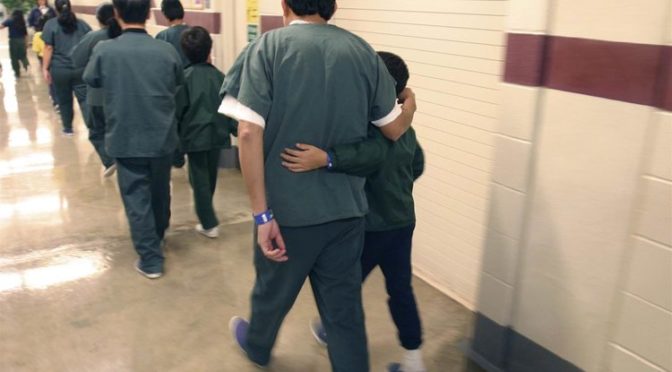Given the current political climate, there is a crucial need to examine how illegality is experienced across geographic contexts for undocumented immigrant communities. According to Hiemstra (2010), “labeling a person ‘illegal’ is a subtle yet powerful tool for creating, marking and magnifying perceived difference and exclusion” (p. 78). While the federal political and legal landscape is characterized both by enforcement through a record number of deportations andinaction on comprehensive immigration reform, states and localities have also begun to engage in their own vastly different immigration policy making and enforcement (Zuniga and Hernandez-Leon, 2005; Martos, 2010; Varsanyi, 2010; Varsanyi and Provine, 2012). Some localities have expanded rights for undocumented immigrants, as is the case in states like California and Illinois, both of which are traditional immigrant gateways. While others have become much more restrictionist, as is the case in places such as Tennessee and Georgia, which are considered new immigrant destinations.
Continue reading CfP—Migrant Illegality across Uneven Legal Geographies: A Two-Part Convening

